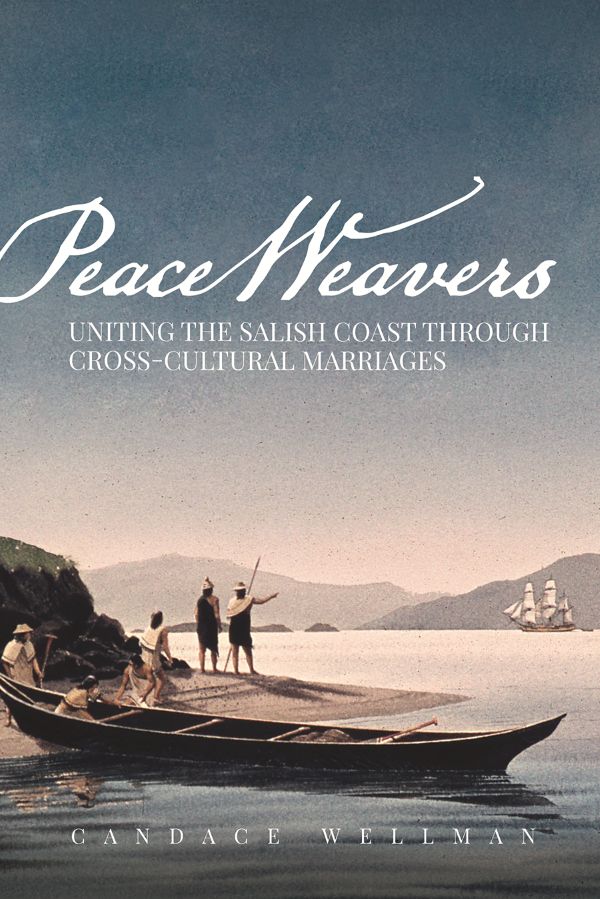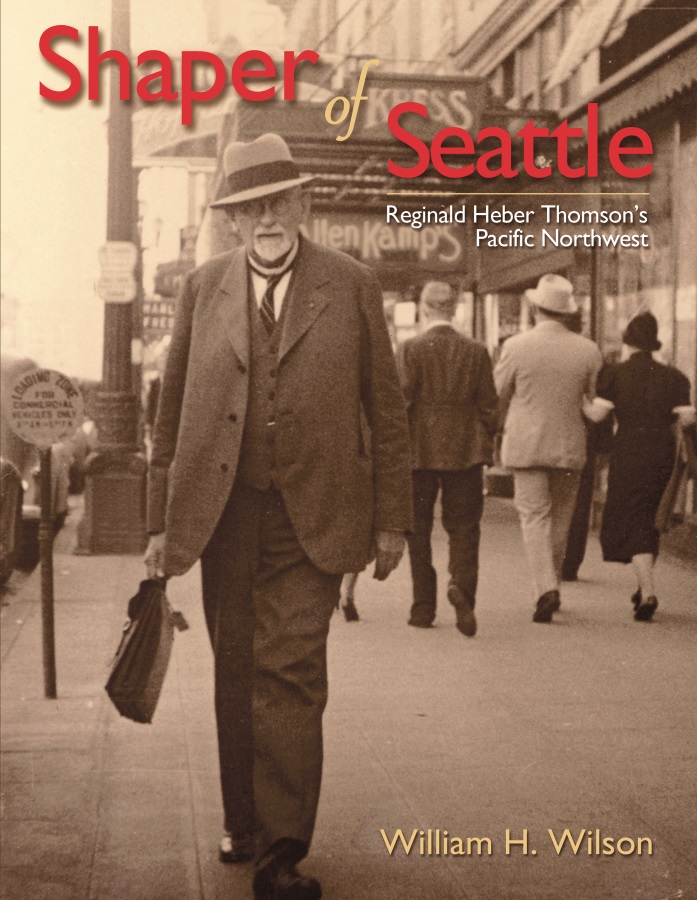Description
Strategic cross-cultural marriages between Coast and Interior Salish families and pioneer men played a crucial role in mid-1800s regional settlement and spared Puget Sound’s upper corner from tragic conflicts. Accounts of the husbands exist in a variety of records, but the native wives’ contributions remained unacknowledged. Combining primary and secondary sources, genealogy, and family memories, author Candace Wellman illuminates this hidden history and shatters stereotypes surrounding these relationships. The four women she profiles exhibited exceptional endurance, strength, and adaptability. They ran successful farms and businesses and acted as cultural interpreters and mediators. Although each story is unique, collectively they and other intermarried individuals helped found Puget Sound communities and left a lasting legacy. They were peace weavers.
For more stories of intermarried coastal women, read Candace Wellman’s second book from WSU Press, Interwoven Lives.
2018 Willa Literary Award, scholarly nonfiction
A Washington State Historical Society WOW selection
Illustrations / maps / notes / bibliography / index / 290 pages (2017)
Want to know a little more? Read about Candace Wellman’s eighteen-year writing journey in her Seattle Review of Books interview with Martin McClellan.
Recognition
2018 WILLA Literary Award for Scholarly Nonfiction, Women Writing the West
“This story of four resilient peace weavers opens our eyes to a far richer and more contextualized regional history than we have been privy to before.”— Kitsap Sun, The Bookmonger, Barbara Lloyd McMichael
“Wellman writes with a depth of detail and compassion that will make this an instant classic in the genre and a reference touchstone for decades to come.”—Mike Vouri, author, The Pig War: Standoff at Griffin Bay
“Wellman digs deep and brings the women’s considerable accomplishments to the fore. Meticulous research supports each element of these engaging stories.”—Llyn De Danaan, author, Katie Gale: A Coast Salish Woman’s Life on Oyster Bay
“Wellman brings us a set of stories that have been misunderstood, ignored, or covered up by generations of Pacific Northwest historians.”—Coll Thrush, author, Native Seattle: Histories from the Crossing-Over Place
“The. . . research is wide-ranging and by every measure exhaustive. [Peace Weavers is] a detective story of sorts, weaving together fragments of the past.”—Jean Barman, Co-editor, Indigenous Women and Feminism: Politics, Activism, Culture
“If you are Native American or live on unceded First Nations territory. . . you should read Peace Weavers, a meticulously-researched history by Candace Wellman that challenges the typical ethnocentric, white- and male-centric history-book version of early settlement and ‘pioneers’ in the North American West. . . These aren’t just captivating stories. . . and documentation of a piece of our history otherwise forgotten to time; Candy—and these strong, savvy women—also utterly blast many misconceptions and stereotypes we hold—and have been taught—about 19th Century native women’s lives, experiences, power, personalities, and impact.”—Anna, Sightline Institute
Comments by Women Writing the West WILLA Award Judges, all professional librarians:
“An interesting history of how cross-cultural families residing on the Salish Coast faced an uncertain future by overcoming issues of gender, race, regionalism, and colonialism. This work reshapes our commonly held misconceptions regarding the history of interracial families in the American West.”
“Historical scholarly works are so often divided distinctively into race or gender silos. Wellman throws the convention out the door by demonstrating the real experiences of several women.”
“Candace Wellman challenges the stereotypical image of cross-cultural marriages and the concept of their offspring being trapped between two seemingly separate cultural worlds. She addresses many engaging issues in a clear voice allowing her readers an excellent opportunity to have a better understanding of complex issues regarding race, US Indian policies, and gender issues. ”
A Washington State Historical Society WOW selection








